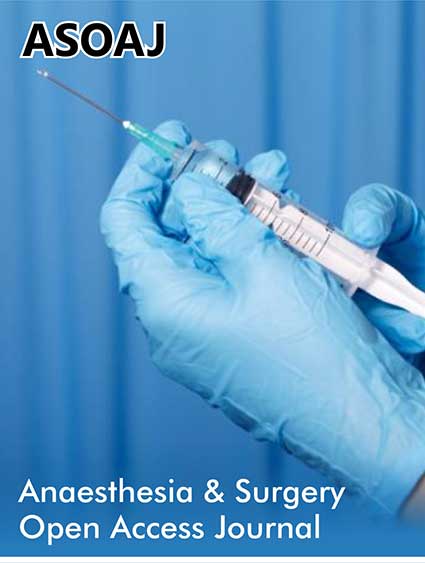 Research Article
Research Article
Improving Surgical Antibiotic Prophylaxis Compliance in Adults and Children Undergoing Surgery: a Quality Improvement Study
Mushira Enani1*, Fe Cobaldez Faustino1, Mahmoud Mukahal2, Mercy Evangelista3, Zubeda Mohammed4, Sharon Naidoo2, Shahed AlOtaiby5,Humariya Heena5,Mohammed Ibrahim3, Adnan AlMaghlouth5,6 and Ibrahim Nasir3
1Department of Medicine, Infectious Disease, Kingdom of Saudi Arabia
2Infection Control Administration, King Fahad Medical City, Kingdom of Saudi Arabia
3Department of Clinical Audit, King Fahad Medical City, Kingdom of Saudi Arabia
4Department of Quality Management, King Fahad Medical City, Kingdom of Saudi Arabia
5Research Center, King Fahad Medical City, Kingdom of Saudi Arabia
6Periodontics section, Dentistry Administration, King Fahad Medical City, Kingdom of Saudi Arabia
Mushira Enani, Department of Medicine, Infectious Disease, King Fahad Medical City, Riyadh, Kingdom of Saudi Arabia.
Received Date: February 22, 2021; Published Date:May 03, 2021
Abstract
Background: Surgical Antibiotic Prophylaxis (SAP) is the standard of care worldwide to prevent postoperative surgical site infection (SSI) and to minimize the risk of antibiotic‐related adverse events including but not limited to clostridium difficile-associated diarrhea and selective pressure leading to antibiotic resistance as a result of prolonged prophylaxis exceeding 24 hours. Overuse, under‐use, improper timing, and misuse of antibiotics occur in 25–50% of operations. This study aimed to develop a group of interventions that could be used to improve SAP at a tertiary care healthcare institute in Riyadh, Kingdom of Saudi Arabia (KSA).
Methods: A pre-post longitudinal quality improvement project was conducted from January 2016 until December 2019. A multidisciplinary team was assembled to identify and overcome the barriers that were responsible for patients receiving suboptimal antibiotic prophylaxis. Multiple educational campaigns and an open forum with anesthesia, surgical, nursing, and operating room staff were organized. Only the patients that had undergone surgery requiring SAP were included. Compliance with an appropriate antibiotic selection, timing, dosing, and duration was measured and year wise comparison was made.
Results: One reference quarter results from each year from 2017-2019 were used for final analysis. Five hundred surgical case files from 2017, 186 from 2018, and 229 from 2019 were reviewed. The cefazolin dose adjustment based on BMI was done only for 32, 13, 25% of the patients over consecutive years respectively. However, weight-based dosage showed improvement from 2017-2019 (70-75 %). All patients (100%) received antibiotic prophylaxis with average compliance of 89% for appropriate antibiotic selection, 95% for proper timing, 71% of patients received weightbased dosage as per guidelines, and only 68% discontinued prophylaxis within 24 hours of the surgery end time.
Conclusion: Our multidisciplinary quality improvement initiative successfully improved compliance to key performance indicators of surgical antibiotic prophylaxis for patients undergoing surgery requiring SAP.
Abbrevations:SAP: Surgical Antibiotic Prophylaxis; SSI: Surgical Site Infection; SSIs: Surgical Site Infections; KFMC: King Fahad Medical City; BMI: Body Mass Index; MH: Main Hospital; KSHC: King Salman Heart Center; CSH: Children Specialized Hospital; NNI: National Neuroscience Institute; WSH: Women Specialized Hospital
-
Mushira Enani, Fe Cobaldez Faustino, Mahmoud Mukahal,Mercy Evangelista. Improving Surgical Antibiotic Prophylaxis Compliance in Adults and Children Undergoing Surgery: a Quality Improvement Study. Anaest & Sur Open Access J. 2(4): 2020. ASOAJ. MS.ID.000544.
-

This work is licensed under a Creative Commons Attribution-NonCommercial 4.0 International License.






